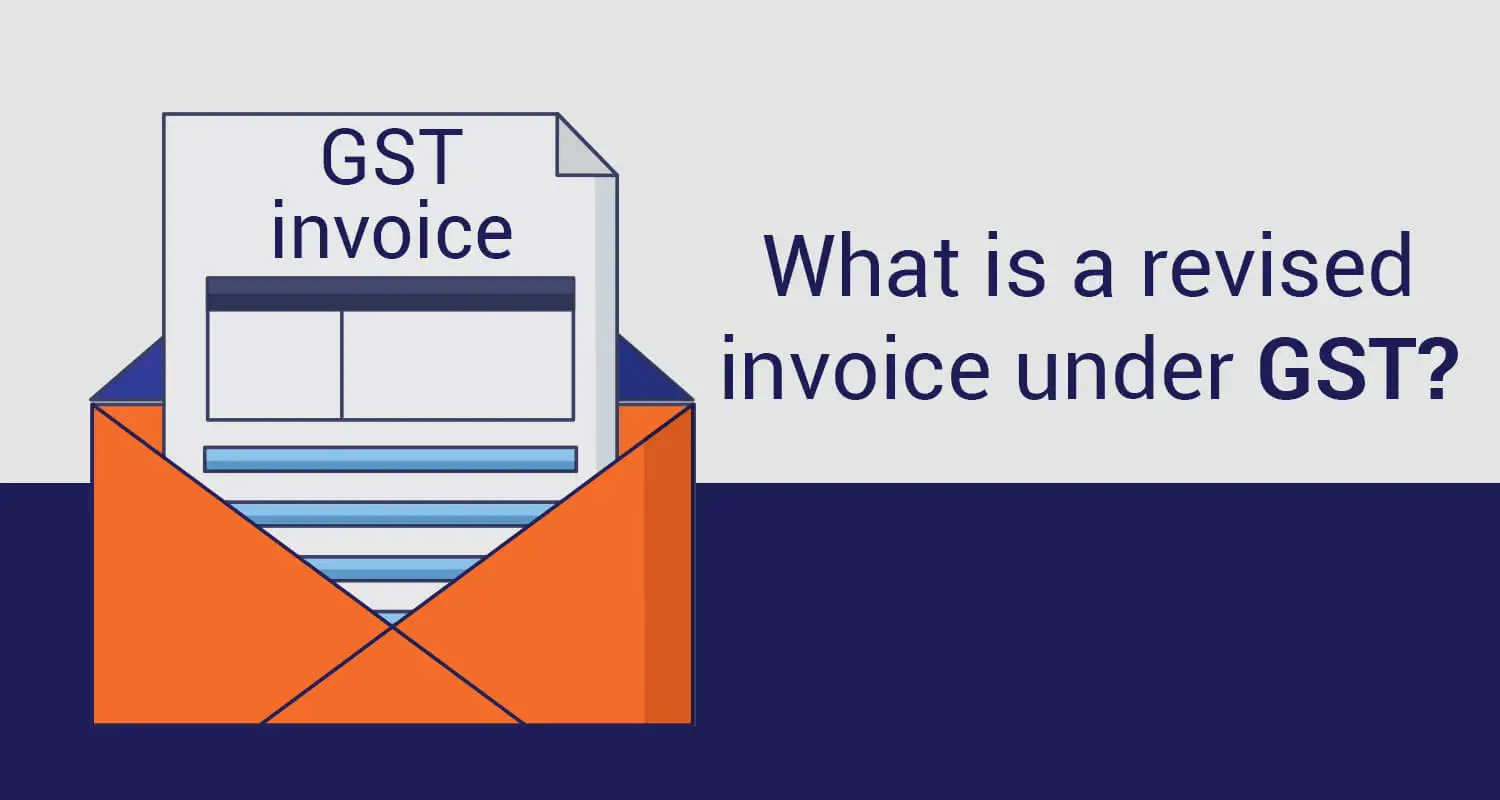Within the enterprise world, errors occur, and typically, invoices issued underneath Items and Companies Tax (GST) could should be corrected. As soon as a return is filed, it may be tough to regulate transactions, particularly invoices. Whether or not it’s a billing error or a change in circumstances, fixing these payments is essential. Let’s have a look at how invoices are adjusted underneath the GST regime.
Why GST is essential
GST has modified the tax panorama in India, aiming to move on enter taxes to customers. Costs per transaction have to be reported month-to-month to make sure correct tax calculations. Any omission may result in credit score truncation, affecting companies and customers alike.
Understanding GST invoices
A GST bill is an digital doc generated when items or companies are exchanged. It incorporates essential info such because the date of problem, product code (HSN/SAC), and numerous tax charges (SGST, CGST, IGST), indicating tax legal responsibility and creditable quantity.
Revised bill in GST
Generally, billing errors or modifications in circumstances require correction. This requires bill revisions, which have to be reported on the month-to-month return. The modifications could embody worth modifications, tax charges, or different instances requiring supplementary invoices or credit score notes.
Revised bill which means and examples
For instance, a revised bill is issued underneath GST when there is a have to right invoices issued earlier than acquiring GST registration. This usually occurs throughout the transition from implementing GST to receiving the official registration certificates. Any invoices issued throughout this time have to be rectified with a revised bill inside one month of receiving the registration certificates.
What are Supplementary Invoices?
Supplementary invoices rectify deficiencies in unique tax invoices underneath GST. These deficiencies could embody underestimation of taxable values, leading to lesser taxes being charged. Suppliers can problem supplementary invoices to accommodate incremental modifications, together with debit and credit score notes.
How you can amend GST bill
Observe these steps to regulate the GST bill.
1. Decide the necessity: Decide whether or not any invoices issued previous to acquiring GST registration want correction.
2. Submit revised invoices: As soon as recognized, submit revised invoices for all such invoices inside one month of receiving the registration certificates.
3. Embody obligatory particulars: Make sure the GST revised bill format consists of important particulars resembling:
– Provider’s identify and handle
– Provider’s GSTIN
– Nature of bill (e.g., “Debit Be aware,” “Credit score Be aware,” “Revised Bill,” or “Supplementary Bill”)
– Bill serial quantity
– Bill date
– Recipient’s identify, handle, and GSTIN
– Particulars of unregistered recipients
– Unique bill serial quantity
– Differential tax quantity or taxable worth
– Approved individual’s signature
Use of credit score notes
Credit score notes are issued when the tax collected on the bill exceeds the availability tax due. They act as accounting changes and decide the precise worth and tax fee.
The important thing variations
– Revised vs. Supplementary Invoices: Revised invoices right errors in beforehand issued invoices, and then again, supplementary invoices right deficiencies within the unique tax invoices.
– Debit vs. Credit score notes: Debit notes are issued when prospects return items to sellers, whereas credit score notes are issued when suppliers obtain returned items from consumers. In each instances, it units off or adjusts the charges and taxes accordingly.
Understanding revise invoices and problem supplementary invoices is essential for companies and customers working within the GST setting. By reporting transactions accurately and with out errors in keeping with GST guidelines, we will have truthful and clear taxation for all.
FAQs
Q1: Can I revise my GST return if I make a mistake?
Ans: No, there isn’t any provision for adjustment of returns underneath GST. You possibly can, nonetheless, report the reported change through supplementary bill or credit score word.
Q2: When ought to supplementary invoices be issued?
Ans: They have to be issued inside one month from the issuance date of the unique bill. Supplementary invoices needs to be raised in conditions the place deficiencies are discovered within the unique tax bill. These conditions could embody rejected items, modifications in tax charges, variations in taxable values, brief receipts, or provider refunds.
Q3: How steadily ought to supplementary invoices be up to date on the GSTN portal?
Ans: All supplementary invoices should be up to date month-to-month on the GSTN portal. For interstate provides beneath Rs. 250,000, a consolidated bill could also be issued.
This autumn: What are some conditions that require issuing supplementary invoices?
Ans: These embody rejected items, modifications in tax charges, variations in taxable values, brief receipts, or provider refunds.
Q5: Can recipients problem debit notes underneath GST?
Ans: Although recipients can problem debit notes, it has no impression underneath GST. Solely debit and credit score notes issued by suppliers have an effect on transactions.
Q6: Which paperwork have an effect on transactions underneath GST?
Ans: Solely debit and credit score notes issued by suppliers have an effect on transactions.
!function(f,b,e,v,n,t,s) {if(f.fbq)return;n=f.fbq=function(){n.callMethod? n.callMethod.apply(n,arguments):n.queue.push(arguments)}; if(!f._fbq)f._fbq=n;n.push=n;n.loaded=!0;n.version='2.0'; n.queue=[];t=b.createElement(e);t.async=!0;t.defer=true; t.src=v;s=b.getElementsByTagName(e)[0]; s.parentNode.insertBefore(t,s)}(window, document,'script', 'https://connect.facebook.net/en_US/fbevents.js');
setTimeout(function() { fbq('init', '2933234310278949'); fbq('init', '3053235174934311'); fbq('track', 'PageView'); }, 10000);
